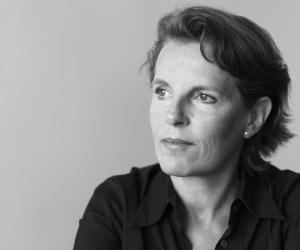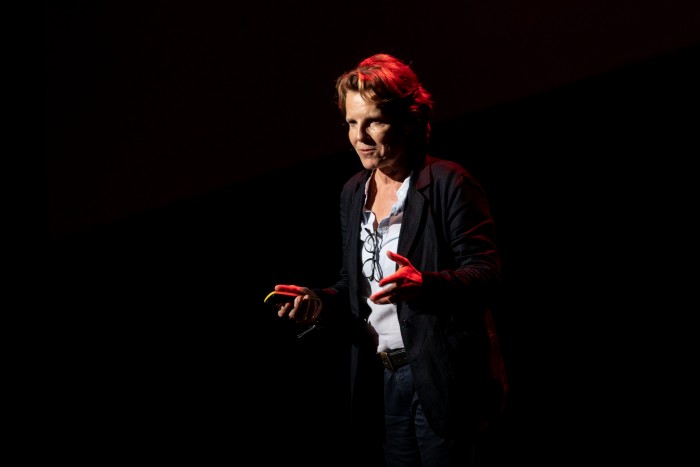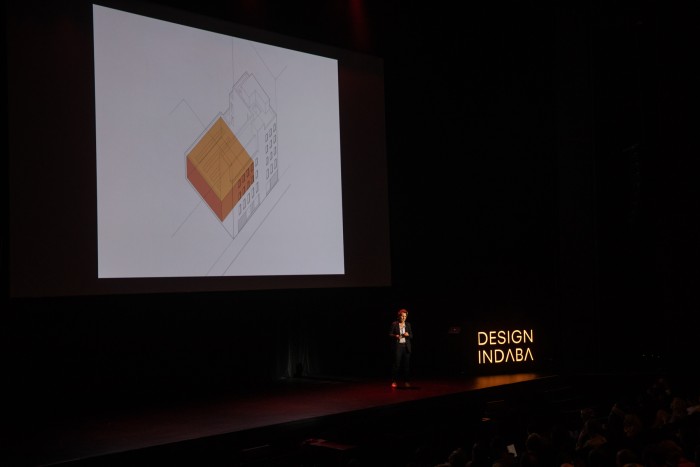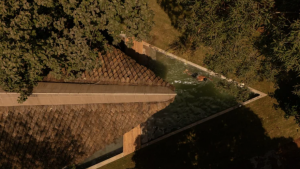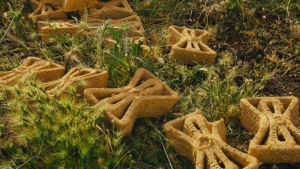Annabelle Selldorf and her firm Selldorf Architects has been designing spaces for nearly 3 decades.
The firm, made up of about 70 people, is incredibly diverse and consists of people from all walks of life. This kind of diversity is what allows Selldorf’s work to be so deeply rooted in humanism.
One of the major projects that she is currently working on is a school in Mwabwindo, Zambia. When she started working on the school, she realised that there is a proliferation of Western architects working on projects in Africa.
Thinking about the reasoning behind all of these projects, she says, “There are altruistic reasons. I think there is a real desire for people to make a difference, to reach out across the borders. And yet when I went to visit, I sort of thought, ‘Who am I? Who am I to suggest that this is the way to do it?’ ” says Selldorf.
Building this school raised many questions for Selldorf and her team, questions that look further than just the school but really any architectural project that is undertaken.
“What is it that we can do to work closer together, to not just come across as somebody who plops down a school and says this is the way it should be done, but understand really where people come from, what education should be like, what we can learn from one another.”
Architects and people of influence “plopping” down buildings and simply moving on is a common occurrence in areas with underdeveloped infrastructure, particularly on the African content. Often these firms do not take into consideration the people and the communities that their projects are serving. Understanding these communities and the people who inhabit the architecture is important for the longevity of projects and the improvement of the quality of life of the people.
A vast amount of research went into this project before the first brick was laid and Selldorf realised that she wanted to create more than just a school but extend the project into a community centre too.
The building incorporates sustainable solutions by harvesting rainwater, generating energy from the sun and wind, as well as making use of composting toilets.
For Selldorf, architecture is a very time-consuming profession but one that is exceptionally rewarding.
Speaking about the various projects that she has worked on over the years, she says, “I always find myself wanting to explain the myriad of details. Ultimately, that doesn’t matter. What matters is the idea that you have a calm and welcoming space in which many different things can happen.”
Watch more:
Ida is a non-invasive, painless way to test blood/glucose levels
John Pawson on the discipline of minimalism
Dong-Ping Wong on his ambitious work at FOOD architecture studio

